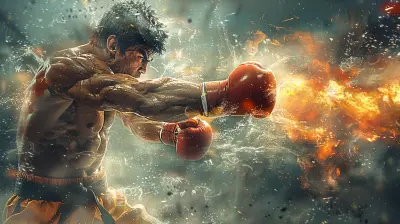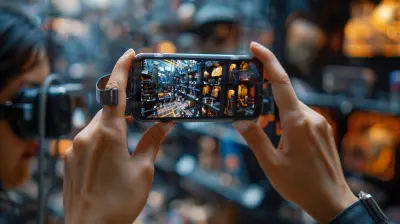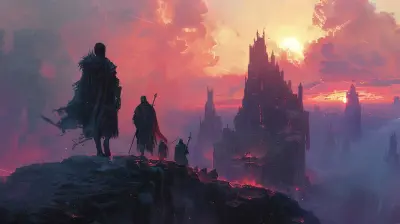Moral Choices in Open World Games: Do They Really Matter?
13 July 2025
When it comes to open world games, there’s something magical about being handed the keys to an immersive digital playground. You can go anywhere, do anything, blast through the main missions, or spend hours herding goats (looking at you, Skyrim). But beyond the freedom of exploration and RPG mechanics lies something deeper—moral choices. You’ve seen them: “Do you spare the bandit... or bury them in a crater?” But here’s the big question—do these moral choices really matter?
Let’s dive into the world of ethics, consequences, and player agency in open world games. From subtle karma systems to impactful narrative branches, we’re going to unpack whether your virtual morals actually make a difference.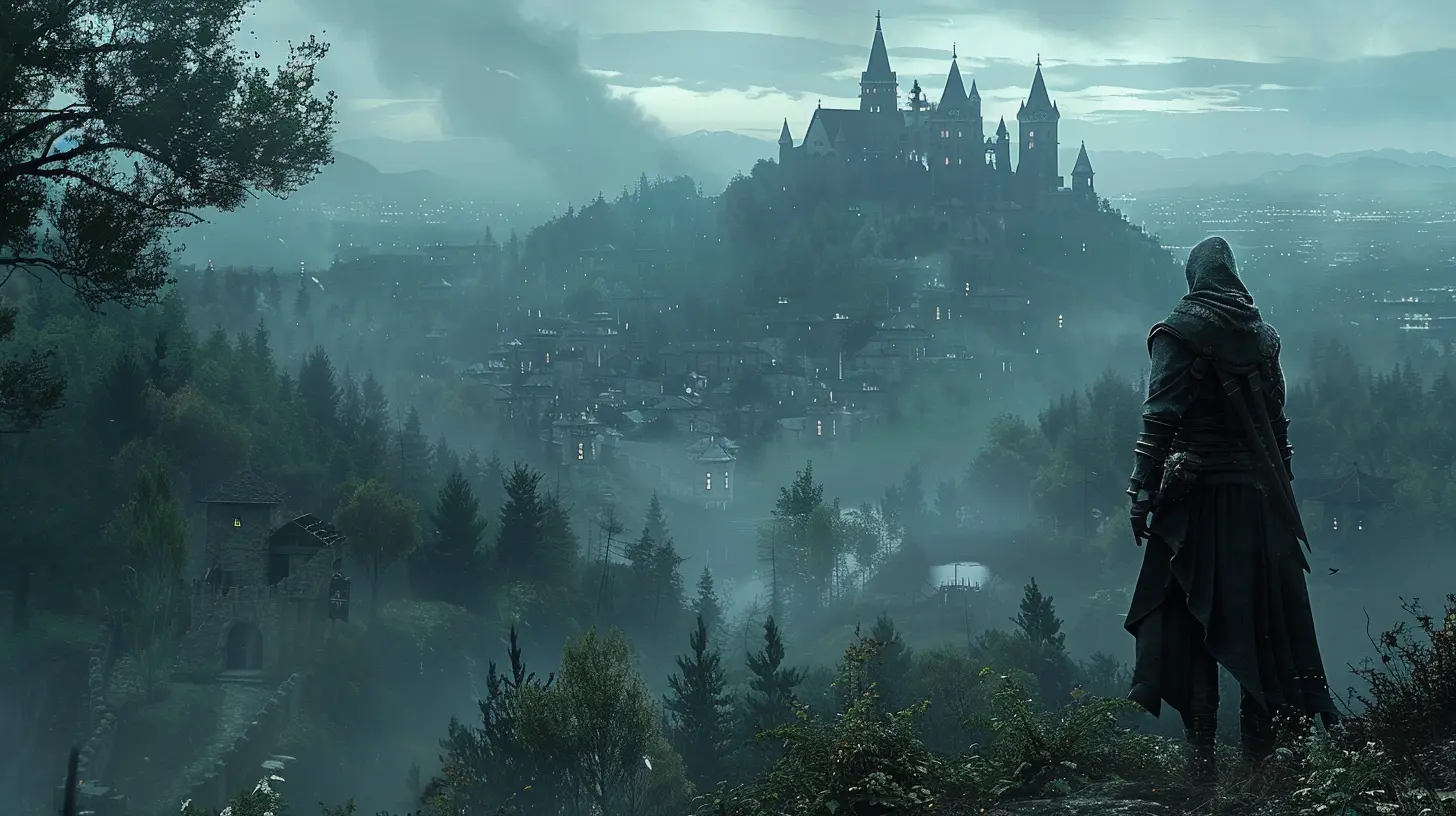
What Are "Moral Choices" in Games, Anyway?
Alright, let’s get on the same page. When we talk about moral choices in games, we’re talking about those moments where you, the player, are prompted to make decisions that reflect values, ethics, or just gut feelings. It could be saving a character in distress, choosing who lives or dies, or deciding how to deal with traitors.In open world games, these decisions are often made without a roadmap. There’s no big flashing sign telling you what the “good” or “bad” choice is. Sometimes, the consequences aren’t even obvious until hours later.
Think of it like a narrative choose-your-own-adventure book, but with weapons, dragons, and way more emotional baggage.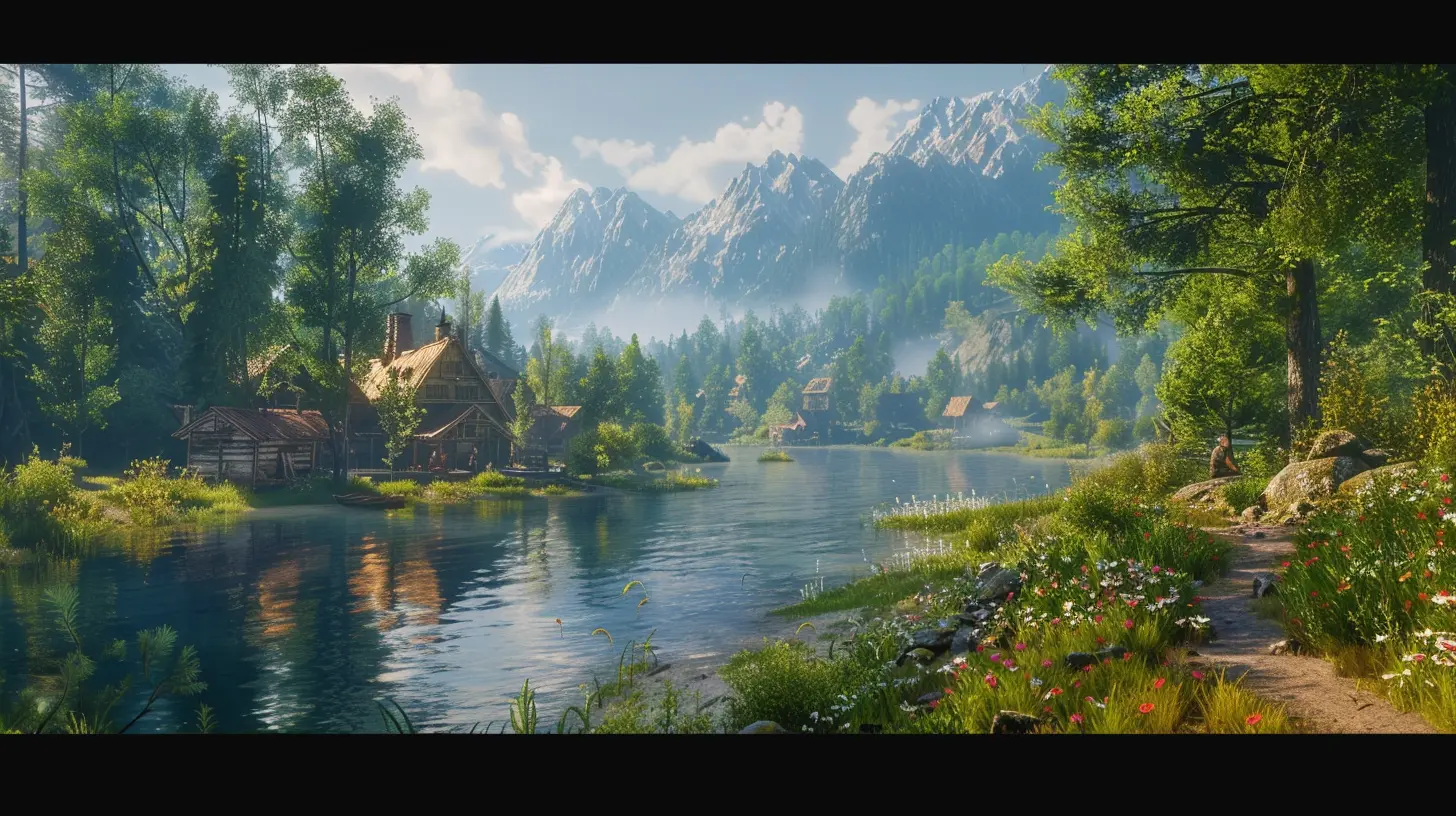
The Illusion of Choice: Are Developers Just Toying With Us?
Let’s be real for a second—how many times have you made a “difficult” choice in a game, expecting everything to change, and... nothing much happens?This is what gamers often call the "illusion of choice." Basically, you’re given a decision, but the outcome barely changes the game’s story or world. It’s a lot like asking if you want chocolate or vanilla—and no matter what, getting strawberry.
Case in Point: Skyrim
Skyrim lets you join rival factions like the Stormcloaks or the Imperials. But regardless of which side you choose, the ending feels pretty much the same. Once the civil war questline wraps up, the world goes back to normal like it never happened. That’s not necessarily terrible, but it doesn’t scream meaningful moral consequence, does it?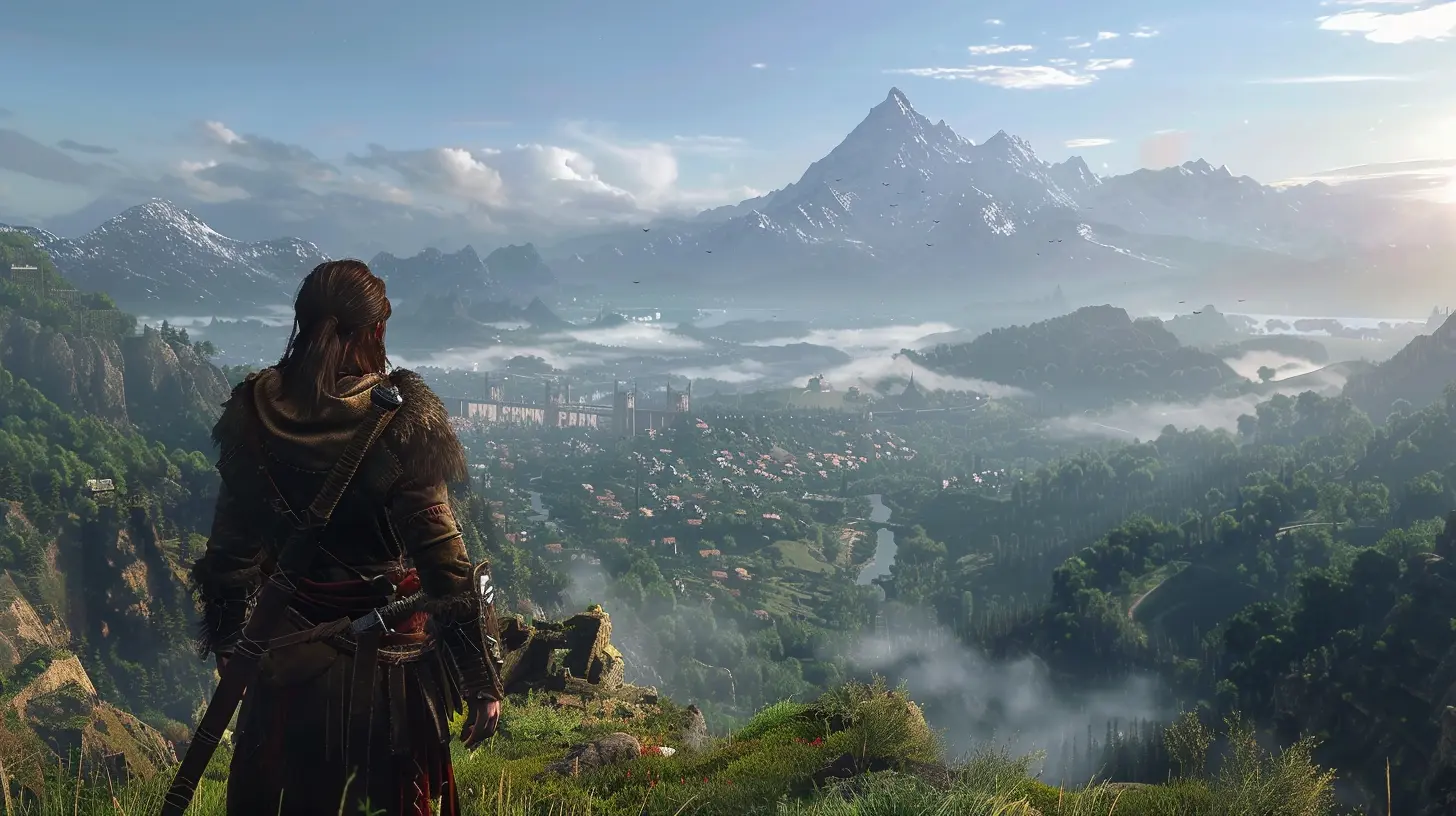
When Choices Do Matter: The Games That Got It Right
Now, some games actually do serious justice to moral decision-making. Let’s highlight a few that nailed it.1. The Witcher 3: Wild Hunt
Ah yes, Geralt of Rivia. The white-haired monster slayer doesn’t just swing swords—he makes some of the grittiest decisions in gaming. The Witcher 3 is a masterclass in “gray morality.” There are no easy choices, and the game doesn’t hold your hand.One seemingly small decision (like sparing a cursed tree spirit) can come back to haunt you hours later, changing the fate of entire towns. These far-reaching consequences give your decisions real weight.
2. Red Dead Redemption 2
Arthur Morgan’s journey is laced with moral nuance. Depending on your honor level, certain story beats hit differently. And let’s be honest—if you played like a ruthless outlaw, that ending... it stings.Rockstar didn’t just tally up your good and bad deeds; they built emotional consequences into the narrative. NPCs react to your actions, your campmates treat you differently, and your legacy changes. That’s powerful stuff.
3. Fallout: New Vegas
Ah, Fallout: New Vegas—the ultimate “your choices actually matter” simulator. Want to rule the Mojave yourself? You can. Prefer to side with the New California Republic or Caesar’s Legion? Go ahead.Every choice affects factions, quests, and even which NPCs live or die. The game doesn’t just offer morality—it builds a full political sandbox where your alignment shapes the world.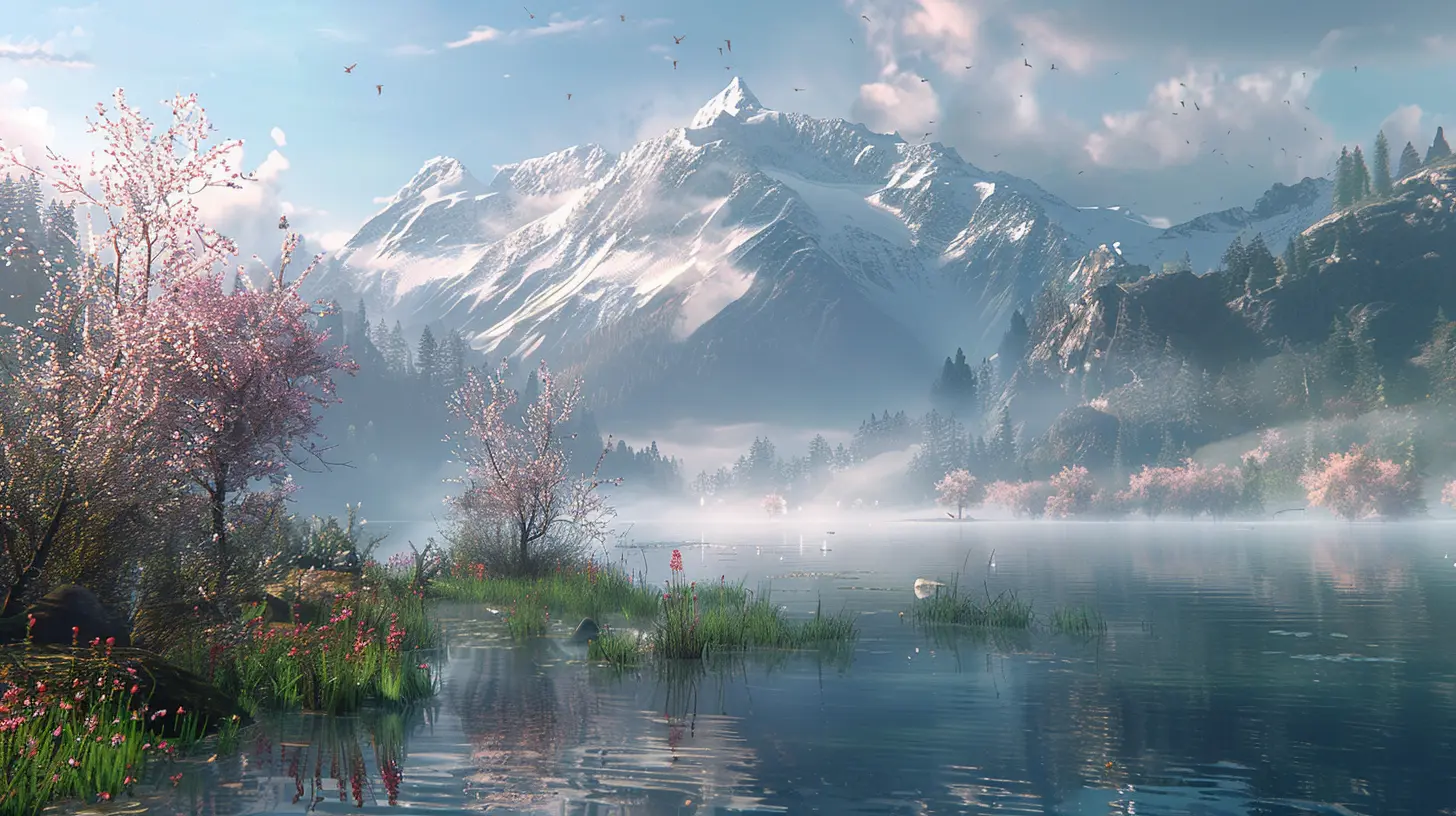
Morality Systems: Are They Too Black and White?
Let’s touch on morality meters for a sec—you’ve probably seen them. You do a good deed, you glow blue. You kick a puppy, you glow red. While that makes moral choices more visible, it also turns them into a numbers game.The Problem with Karma Systems
Take Fallout 3’s karma system. It’s super easy to manipulate—just donate water to beggars and you’re suddenly a saint. But does that feel meaningful? Not really. It’s like being rewarded for clicking the “like” button instead of actually caring.The Value of Moral Ambiguity
Open world games work best when choices aren't labeled as good or evil. Real life isn’t that clean-cut, and neither should virtual choices be.Games like The Witcher 3 or Red Dead 2 thrive when they put you in morally messy situations. These gray areas make you question yourself and live with outcomes, rather than just chasing the “right” meter.
Do Moral Choices Impact Gameplay or Just Story?
This is where things get juicy.Narrative Impact
Games like Mass Effect offer branching storylines based on your choices. Characters will remember your actions, and entire endings can hinge on what kind of person you were. That’s a major narrative impact.Gameplay Mechanics
But what about gameplay? Sometimes, your moral compass affects how you play. For example:- In Dishonored, playing non-lethally results in a “lighter” city and ending. Kill everyone? The city becomes darker and more chaotic.
- In Infamous, your powers evolve differently based on good or evil routes—affecting combat, abilities, and even how people treat you in public.
So yes, moral choices can shape gameplay, but only when developers actively tie them to core mechanics.
Player Agency: Why It Matters
Let’s talk about why this matters. When moral choices are done right, they enhance player agency—that sense of “I’m in control here.” You’re no longer following a script; you’re co-authoring the story.This doesn’t just make your journey feel personal—it creates emotional investment. Suddenly, it’s not just a game. It’s your story.
The Emotional Punch: When Choices Leave a Mark
Some of the most memorable moments in gaming come from moral decisions.- Do you harvest or save the Little Sisters in BioShock?
- Do you let Telltale's Lee die with dignity or try to save him?
- Do you forgive or kill the traitor in Assassin’s Creed: Odyssey?
These aren’t decisions you forget. They stick with you, because they’re tied to emotion, empathy, and ethics.
Are We Asking Too Much From Games?
Here’s a hot take—maybe expecting AAA games to deliver deep moral depth every time is a tall order. These games are massive, and developers often have to balance story with budget, mechanics, and deadlines.Still, we crave meaning. We want our choices to reflect our values—even in a fantasy world. Because at the end of the day, games are art. And just like a great movie or book, the best ones make us feel something real.
What's the Future of Moral Choices in Open Worlds?
With AI, procedural storytelling, and branching narratives becoming more advanced, the future looks bright.We could see games where:
- NPCs evolve based on long-term behaviors.
- Entire towns change the way they live based on your moral compass.
- Endings aren’t just binary (good or evil), but deeply nuanced.
Imagine a game where your ethics aren’t just judged—but respected, challenged, and turned into living, breathing consequences. That’s the real dream.
So... Do They Really Matter?
Here’s the honest answer: sometimes, yes. Sometimes, no. But when they do, it’s magical.Moral choices can elevate an open world experience from “cool sandbox” to deeply personal journey. They can shape stories, shift gameplay, and stir your emotions. But only when developers commit to integrating choice at the heart of the game, not just as window dressing.
So next time you’re faced with a tough decision in-game—don’t just think about loot or rewards. Think about legacy. Think about what kind of person you want to be... even if it’s just in pixels.
Happy gaming, hero—or villain. You do you.
all images in this post were generated using AI tools
Category:
Open World GamesAuthor:

Jack McKinstry
Discussion
rate this article
2 comments
Damien Diaz
Great article! Moral choices add depth to our adventures—every decision counts, even in virtual worlds!
November 25, 2025 at 4:22 AM

Jack McKinstry
Thank you! I completely agree—moral choices really enhance the storytelling and immersion in open-world games.
Selena Smith
Great insights! Moral choices truly add depth to gameplay.
July 26, 2025 at 3:57 AM

Jack McKinstry
Thank you! I'm glad you found it insightful. Moral choices definitely enrich the gaming experience!
